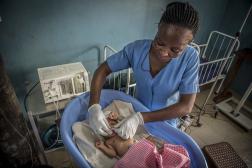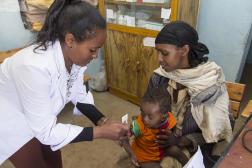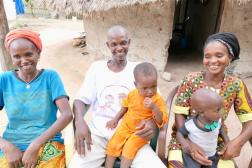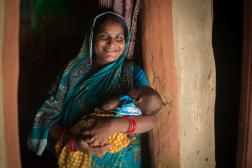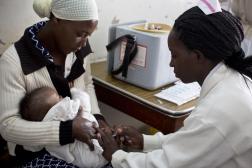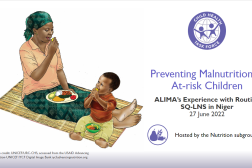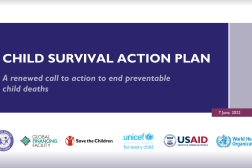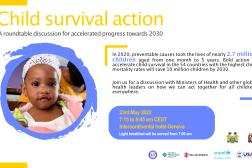Sierra Leone has shown impressive commitment and progress in accelerating maternal, newborn, and child mortality reductions. The country, in 2023, launched its National Child Survival Action Plan (2023-2025) which, under the broader RMNCAH strategy and existing priorities for maternal and newborn survival, laid out priority actions, milestones and targets to address the key causes of under-five mortality through an integrated primary health care approach.

